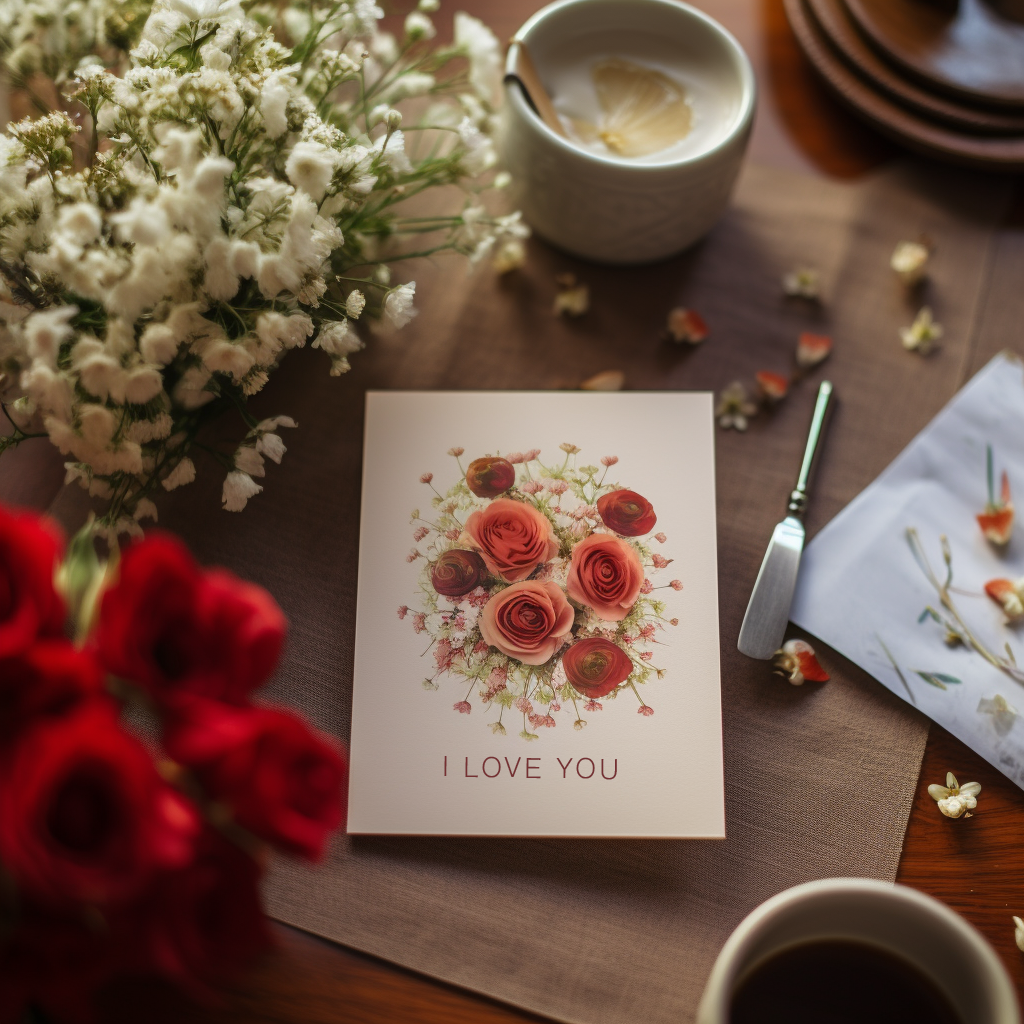We’ve all experienced the “I love you more” sentiment at some point in our lives. But once we hear those words, we often find ourselves pondering, “How should I respond?”
One possible response could be injecting some humor to keep the mood light. Alternatively, you might consider asking if they truly meant it.

Here are some valuable insights on how to navigate this situation.
Let them know that you share the same sentiment
When someone expresses their love for you by saying “I love you more,” it’s important to respond in a way that conveys your mutual feelings. Verbalizing your love is crucial for a relationship, as it eliminates any misunderstandings or confusion. Here are some possible responses to “I love you more”:
“I love you the most.”
“That’s incredibly sweet of you to say.I feel the same way.”
“Thank you for loving me so deeply, and I want you to know that the feeling is mutual.”
Use a metaphor: “I love you more than water in the ocean”
“I love you more” is often used when a partner wants their significant other to understand the magnitude and authenticity of their love. It’s not usually used as a competition but as a saying to express there is meaning behind their words.
Instead of perceiving the statement as a competition, a more favorable approach would be to find an alternative way to convey the depth of your affection for your partner.
One option is to employ a metaphor, for instance: “My love for you is as vast as the ocean.”
Another approach is to respond by enumerating all the reasons why you love your partner: “I adore you because…”
Regardless of the manner in which you choose to respond, it is important to reaffirm your love for your partner while also acknowledging their words.
Responses don’t have to be limited to just words. They can be expressed through various actions, such as an embrace, a kiss, or even eye contact.

Love is not just a feeling, but also a verb that can be demonstrated through different means:
Words: Expressing love through spoken or written words.
Acts of Service: Showing love by doing something for someone else.
Physical Touch: Demonstrating affection through hugs, kisses, or other forms of physical contact.
Quality Time: Spending meaningful time together, giving undivided attention and creating memories.
Gifts: Offering tokens of love and appreciation.
Don’t be afraid to think outside the box and find unique ways to express your love to others.
Be mindful when expressing your love and affection
When considering the phrase “I love you more” from an attachment perspective, it may indicate an anxious attachment style. This phrase could be an unspoken plea for the partner to reciprocate love and create a stronger sense of security in the relationship.
It’s important to be intentional when sharing your love and care, rather than responding with casual phrases like “same” or “right back at you,” or worse, “ditto.” Such remarks can come across as dismissive or distant, potentially intensifying your partner’s anxious attachment.
On the other hand, saying “I love you more” could also be a playful way of expressing fear of vulnerability or being the one who feels more emotionally attached.
Reassure their love; now is the time to strengthen your commitment
If you are aware that your partner requires frequent reassurance, don’t get annoyed or distance yourself from them. Instead, use this opportunity to reinforce your commitment.

Reassure their love by saying, “I love your love so much, and I love you just as much.” This will help your partner feel at ease and foster a secure attachment style.
You can earn bonus points by consistently showing your love throughout the week with gestures like a heartfelt card, flowers, small acts of kindness, or any other meaningful display of affection.
When it comes to responding to “I love you more,” there are numerous options. However, I must admit that I’m not particularly fond of this phrase. It seems superficial . When people say it, it reminds me of two young children expressing their affection. There are certainly more mature ways to convey this sentiment.
Let’s explore some alternative responses to address this matter. You could respond by saying:
“Thank you for all the love you show me, I love you just as much”
This statement puts an end to any competition of love, as both parties express their mutual adoration without engaging in a back-and-forth comparison.
“I will cherish and love you eternally, with all my heart and soul.”
This statement acknowledges and embraces the sentiment that goes beyond the ordinary expression of love, assuring the recipient that your love for them surpasses any measure they may try to convey.
“I will love you forever”
Once again, this statement reflects the deep sincerity of their love declaration. It is a fitting response that aligns with their heartfelt intention and expresses the same level of affection.
“I love you more than ice cream but not as much as my cat”
When it comes to humorous or sarcastic comebacks, one that never fails to amuse is the classic line, “I love you more than ice cream but not as much as my cat.” This response perfectly captures the essence of a lighthearted and not-so-serious declaration of love.

At its core, “I love you” is often used as a playful play on words, rather than a deeply romantic sentiment. It’s a witty way to express affection while maintaining a sense of humor.
“Show me” – said with a playful wink
For those who enjoy flirting and taking their love to the next level, “show me,” said with a wink, is a perfect response when someone says, “I love you more.” If you lock eyes with your partner and say it with a seductive wink, they might just understand the message and take you to the bedroom to prove their love in other ways.
“I loved you first”
“I loved you first” is a perfect comeback when someone tells you, “I love you more,” especially if you were the one who expressed your love first at the beginning of your relationship.

This phrase instantly takes your partner back to that magical time when they first heard you say “I love you” and brings a smile to their face. “I loved you first” also works as a wonderful response to your children or younger family members, as you have loved them since they were too young to say those three words back to you.
It helps them realize the depth of your love and creates a stronger sense of always being cherished by you.
“I love you the most”
For those who enjoy a bit of friendly rivalry, “Love you the most” is the perfect comeback when someone tells you, “I love you more.”
It concludes the affectionate exchange and assures the person that you truly love them just as deeply as they love you.